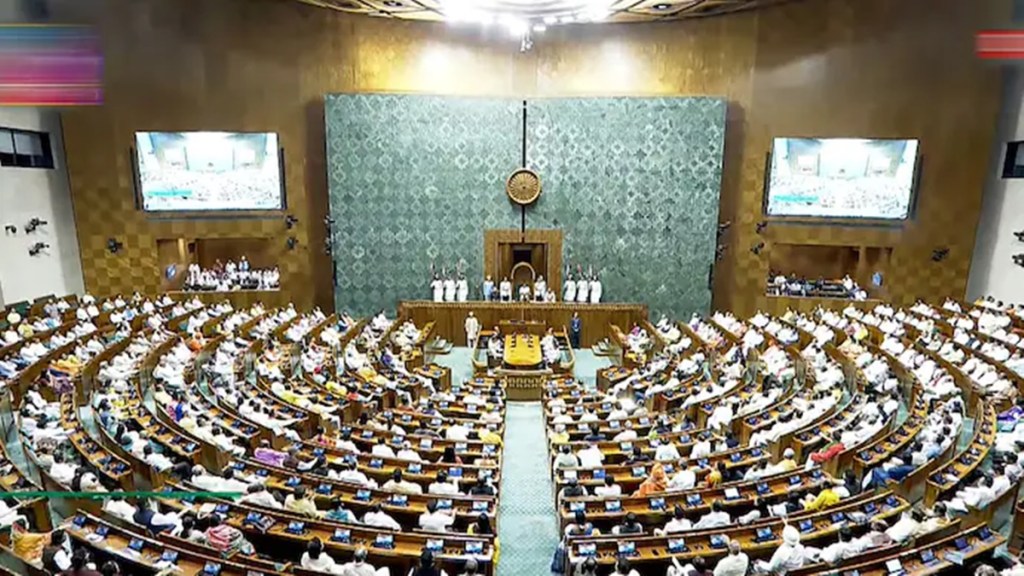A Bill to amend the law governing Waqf boards is likely to be introduced on Thursday in the Lok Sabha by Minority Affairs Minister Kiren Rijiju. The contentious Bill proposes to amend 44 sections of the Waqf Act of 1995 – including changing it to ensure the representation of non-Muslim individuals and Muslim women in central and state Waqf bodies.
Copies of the Bill were given to Lok Sabha members Tuesday night ahead of its introduction.
Among the key changes proposed is to bring the District Collector as the arbiter on whether a property is waqf property or government land.
Also Read: Elections to 12 Rajya Sabha seats on September 3: Election Commission
The Bill states that “any government property identified or declared as waqf property, before or after the commencement of this Act, shall not be deemed to be a waqf property.” However, the amendment states that the Collector will make this determination in case of a dispute and not the Waqf Tribunal.
Currently, under the 1995 Act, this decision is made exclusively by the Waqf Tribunal and as per Section 6 of the Act, “the decision of the Tribunal in respect of such matter shall be final.”
The amendment will also rename the 1995 law as the Unified Waqf Management, Empowerment, Efficiency and Development Act. Sources told NDTV the overall goal is to better manage Waqf properties, which refer to land set aside, under Islamic law, for religious or charitable purposes.
In addition, the Bill proposes that the Central Waqf Council and state Waqf Boards must have two women on the board.
Also Read: Rahul Gandhi urges Centre to declare Wayanad landslides a national disaster in Lok Sabha
The Council will now consist of a Union Minister, three MPs, three representatives of Muslim organisations, and three Muslim law experts. It will also include two ex-judges, either the Supreme Court or a High Court, four ‘people of national repute’ and senior union government officials. At least two of these should be women.
Incidentally, these alterations required the creation of a non-Muslim category for the Council and Boards since MPs and government officials cannot be nominated for bodies on a religious basis.
Authority for survey of Waqf properties will now be given to the District Collector or their deputy. There will also be provision to lodge a High Court appeal within 90 days of the Board’s decision.
In addition, only practicing Muslims will be allowed to donate their property, movable or otherwise to the Waqf Council or Board. Also, only the legal owner can take this decision.
Under the current law, no Waqf property can be considered as such if there is dispute about its antecedents, particularly if there is question about it being a government property. In such disputes officials will investigate and submit a report to the state, following which records will be adjusted.
In the new law, money received by the Waqf Board must be used for the welfare of widows, divorcees, and orphans, and that too in the manner suggested by the government. Another key proposal is that women’s inheritances must be protected and ensured.
The bill also proposes a separate board for the Bohra and Agakhani communities. It also provides for representation of Shias, Sunnis, and other backward classes among Muslims.

